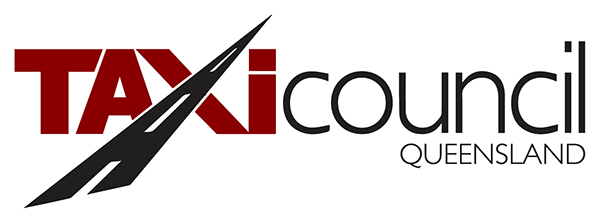17 January 2023
More than 600 fines have been given to Queensland taxi and rideshare drivers found to be operating in violation of industry guidelines.
Transport Minister Mark Bailey told ABC Radio Brisbane Mornings host Rebecca Levingston the enforcement blitz started in December and focused heavily around rides ordered and taken in Brisbane and the Gold Coast on and about December 31.
Authorities intercepted 2,056 taxis, limousines and booked hire vehicles.
Fines were issued for 31 different offences from December 2 to January 15, of varying amounts starting at $575, and included:
- Failure to display a compliant booked hire sign — 179 fines
- Unauthorised vehicle stopping in a bus zone — 130 fines
- Stop in taxi zone while providing a booked hire service — 57 fines
- Driver failure to carry their driver authorisation – 57 fines
- Stop contrary to continuous yellow edge line – 67 fines
Other serious offences for which penalties were issued included driving an unregistered or defective vehicle, driving a vehicle with an unapproved security camera system, failure to ensure a security camera system is fitted and operational, or failing to display a security camera system sign.
“The majority of drivers do the right thing … but there were a number of drivers doing the wrong thing — not taking short fares, overcharging, not running meters,” Mr Bailey said.
“If you’ve had a few drinks and want to go home at 2am … you need to have confidence that cab is going to look after you and stick to the rules.
“We were very concerned over the Christmas period that this was happening.”
Mr Bailey said transport inspectors had worked 24/7 shifts, “sometimes covertly, sometimes uniformed”, and recorded 613 offences since the start of December totalling about $146,000.
Taxi drivers accounted for 80 fines while 524 fines were issued to rideshare drivers. Limousines and privately registered vehicles made up the remainder.
He said the department “particularly targeted New Year’s Eve because we knew that would be an issue”, intercepting 475 vehicles and issuing 104 fines in that time period as a result.
“We’ve had a lot less fines for over quoting and overcharging since the operation started in November, which is pleasing to see,” Mr Bailey said.
“But my message is that drivers breaking the rules, committing traffic offences or failing to carry their driver authorisation will be caught.
“There is no place for these dodgy practices and drivers need to obey the rules.
“We will continue our compliance operations, but we also ask the public to report any taxi or rideshare driver doing the wrong thing to help stamp out illegal behaviours.”
The Gold Coast area was a focus on January 14, with increased visitors for the Magic Millions race day.
Mr Bailey called on companies in the taxi and rideshare industry to improve self-regulation.
“It shouldn’t take fines for companies and drivers to step up and follow the rules that are in place,” he said.
“If this non-compliance continues, we will not hesitate to hand out fines of up to $5,750.”
Queensland’s Taxi Industry Council previously said it was aware of rogue cab drivers refusing to switch the meter on and instead insisting on cash-only and inflated fares during peak times at hospitality venues, major events and at the airport.
Australian Taxi Industry Association boss Blair Davies said the organisation had been encouraging the government to crack down on bad behaviour.
“Professional drivers have worked out the transport department is serious about catching this behaviour, and the number of incidents have significantly dropped off,” he said.
“I don’t know if they’ve been eliminated but they’ve dropped.
“Now, there are many more fines going to rideshare drivers for things like stopping in taxi zones and not having appropriate signage on their cars.
“We’re encouraged by that but we’d like to see a little bit more enforcement of touting.”
Touting describes drivers and customers doing cash deals outside of the safety of rideshare apps or taxi booking services and meters.
“In a nutshell, we’re supportive of the minister’s actions and appreciate his intervention, because at the end of the day, these small number of rogue taxi drivers are giving the industry a bad name,” Mr Davies said.
Repeated offences could result in much larger fines or being given fewer jobs by booking services.
Mr Davies said ultimately the transport department could cancel drivers’ booked hire taxi authorities, which were a form of license to operate such a business.
An Uber spokesperson said drivers who broke its guidelines could be banned.
Mr Bailey responded to reports in early November, of taxi and rideshare drivers demanding inflated cash fares without metres or apps at peak times by promising to stamp out the illegal practices.
